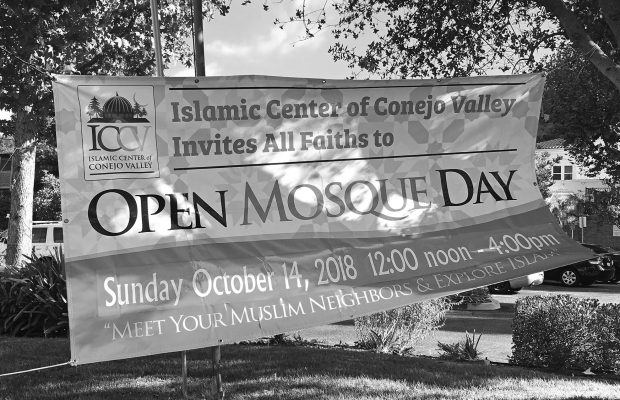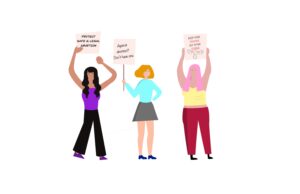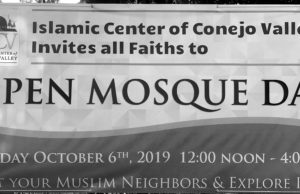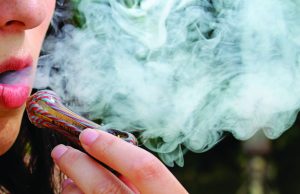Open Mosque Day opens minds

Opening their doors for the eighth time since 2010, the Islamic Center of Conejo Valley welcomed over 160 people into their religious buildings on Sunday, Oct. 14, with tours, activities and food, with intentions to clear any misinformation about their religion.
“Ask any question, something you have been meaning to ask for a long time that you may not have the means or the courage to ask,” Jameel Besada, the Imam from the Islamic Center of Corona, said.
As part of the schedule of events, Besada led a question and answer period, allowing attendees to ask any questions they wished. He explained the basics of Islam, discussing the five pillars of their faith, testimony, prayer, fasting, giving of income, and a pilgrimage to Mecca, as well as their six core beliefs, God, angels, messengers, holy books, judgement day and divine will.
Besada drew similarities to each of the monotheistic religions, stressing that “there are a lot more things we have in common than we do the differences,” which became a theme for the whole event.
Merriam Merchant, freshman, volunteered at this event because she wanted to correct misconceptions about her religion. One of the biggest stereotypes Merchant wanted to expose was link between Muslims and terrorism.
“Islam is the religion of peace and even when we greet people we say ‘Peace be upon you’ in Arabic,” Merchant said. “Killing someone is an unforgivable sin… (our religion is) nothing like the way people view it.”
As Besada fielded questions about the central traditions of Islam, he also offered his view on the feelings and safety of Muslims in America today, in a time of heated words and debates from the government. Tour guide Sera Mohammed, sophomore, offered her own opinion on what she has felt in America, and the way she is treated in Newbury Park specifically.
“I’ve never, ever felt any seclusion or discrimination whatsoever,” Mohammed said. “I’ve heard from a lot of people that of stories that were they were discriminatory, but I feel like Newbury Park is a really safe place, and a lot of people are very understanding.”
Another misconception that Besada addressed was the idea that women are considered less in Islam.
“Islam observes a moderate to strict observance of gender segregation. (Men and women) are expected to behave in the professional manner. They are instructed to keep a professional relationship at all times. There would be no Me Too movement in Islamic communities,” Besada said.
Mohammed and Merchant also wanted to address common ideas about Muslim women, specifically about hijabs. Explaining that it is optional to wear one, they referenced their own experiences of when they first started to wear a hijab, saying that their mothers made research the significance, and understand the significance of the covering. Mohammed wanted to answer the many questions she has received about her hijab.
“I’ve been asked if I wear my scarf to sleep or if I wear it to the shower. But I mean, if I did, would it be so dry? Wouldn’t it smell like drool,” Mohammed said. “I just change my scarf every day. I take it off at home. A lot of people ask like, when I wear it, when I don’t wear it. I keep it on in public, but I can take it off when there’s only girls and… people that are related to me.”
Beyond clarifying Muslim apparel, Mohammed and Merchant saw a significance in the event, one that many attending community members commented on: the importance of learning about other religions and unfamiliar cultures.
“There’s a lot of stereotypes about Islam and things that aren’t true,” Merchant said. “I really like to explain to people that we are a lot different than a lot of people see us.”



